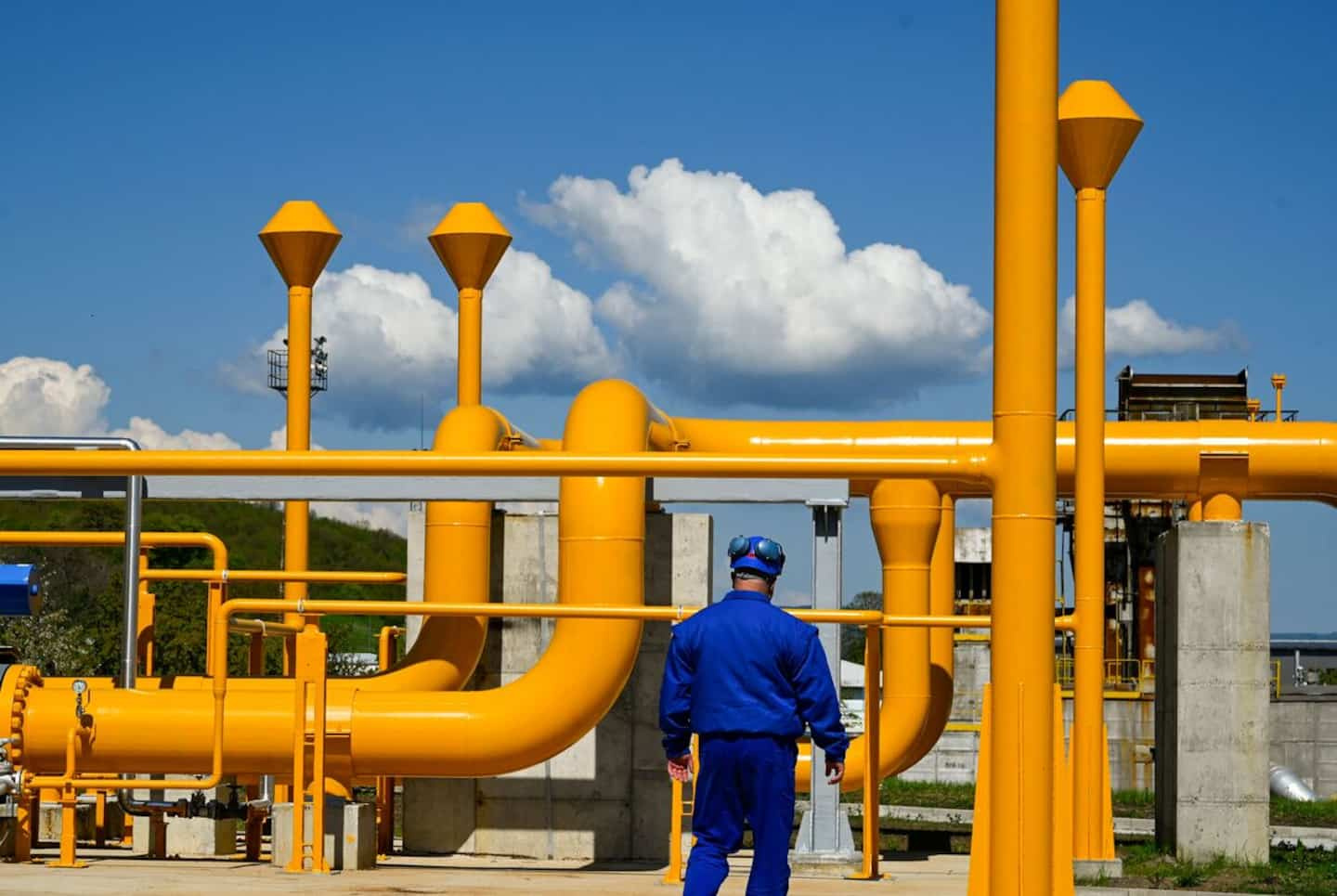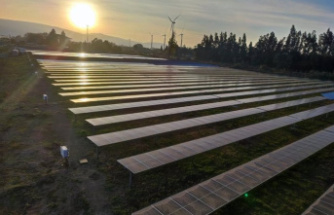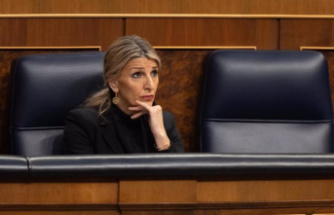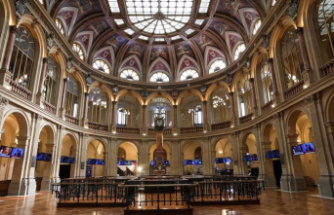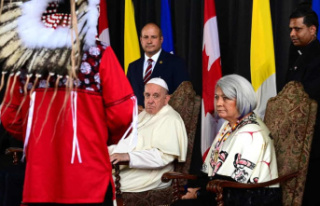The new drastic cut in gas supplies announced by Gazprom is "additional proof" that Europe must "reduce its dependence as soon as possible" on Russia, said Tuesday the Czech Minister of Energy, whose country ensures the rotating Presidency of the Council of the EU.
"Unity and solidarity are the best weapons we have against (Russian President Vladimir) Putin and I'm sure that's what we will show today," said Jozef Sikela, ahead of a meeting in Brussels with its counterparts of the 27 to agree on a plan to reduce gas consumption in the EU.
Gazprom announced on Monday that it would drastically reduce deliveries of Russian gas to Europe via the Nord Stream gas pipeline to 33 million m3 per day on Wednesday, citing the need for maintenance of a turbine, i.e. approximately 20% of pipeline capacities.
The European Commission had proposed last week to reduce European gas demand by 15% from August, in order to overcome the fall in Russian deliveries and to pass the winter without major disaster. Russia accounted for some 40% of EU gas imports until last year.
The Brussels plan, which is to be discussed by member states on Tuesday, provides that each country will have to "do everything possible" to reduce, between August 2022 and March 2023, its gas consumption by at least 15% compared to the average of the last five years over the same period.
In the event of “risk of serious shortage”, an alert mechanism would make “binding” for the Twenty-Seven the reduction of 15%.
This last measure aims to pool the effort in the event of an emergency to help Germany in particular, which is very dependent on Russian gas. A major shock to Europe's leading economy would inevitably have repercussions on all of the Twenty-Seven. Hence the need for solidarity.
But this plan, supported by Berlin, has been the subject of strong criticism from several states, including Poland and Spain, but also Italy, Greece and Portugal.
Diplomats from the 27 worked on the Commission's proposal and substantially modified it in the hope of an agreement from member states on Tuesday, according to a version of the text seen by AFP.
This proposal provides that it is the Council of the EU, representing the Twenty-Seven, and not the Commission which decides on the possible implementation of binding objectives.
This 15% target would also be adapted to the particular situation of each country thanks to a series of exemptions, taking into account in particular the level of storage achieved and the possibility of exporting the gas saved to other countries. However, some diplomats have expressed concern that these derogations will reduce the European effort.
“Member countries have different issues, but in the end I expect that we will have a political agreement,” Energy Commissioner Kadri Simson said on Tuesday arriving at the meeting.

